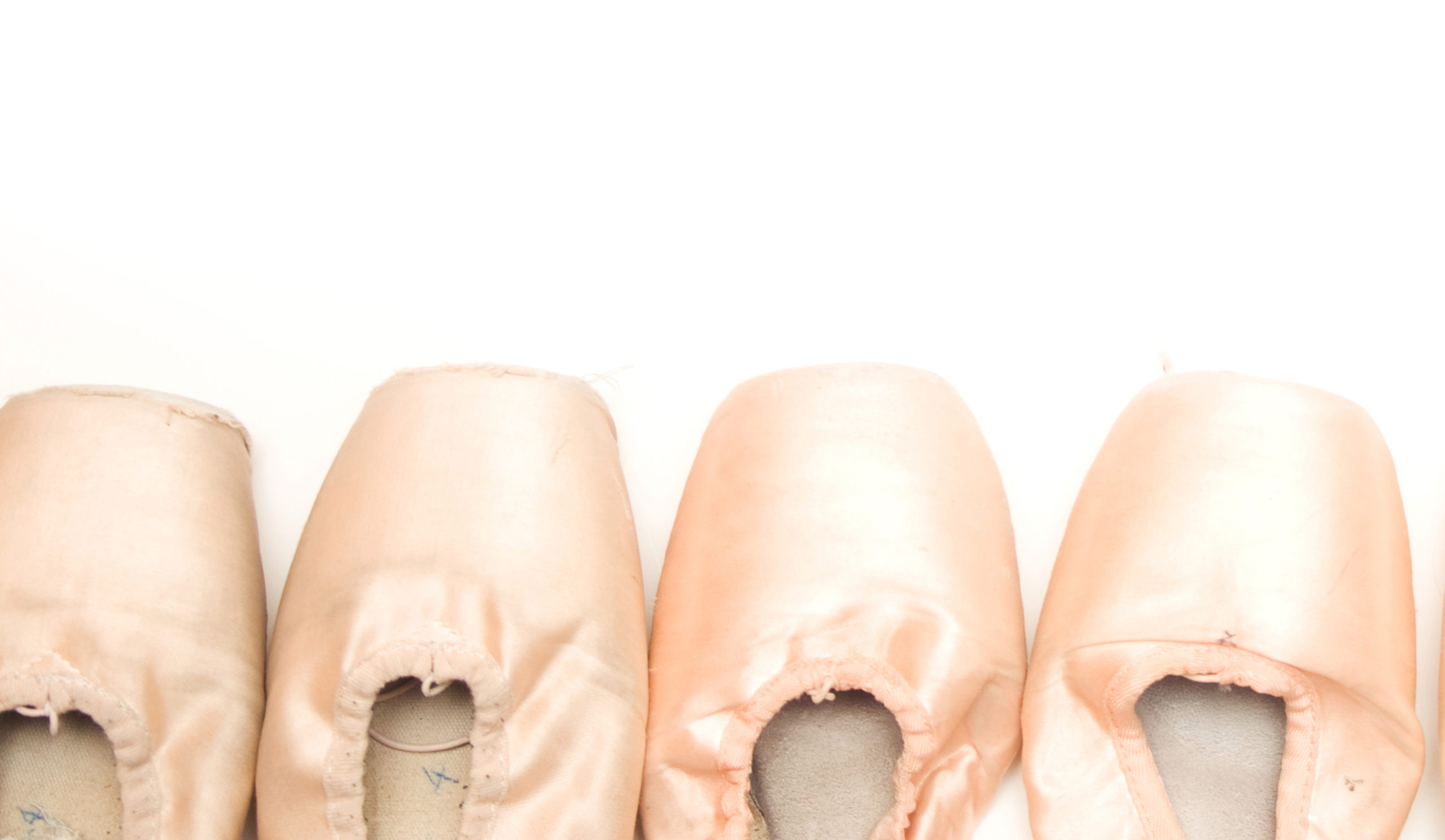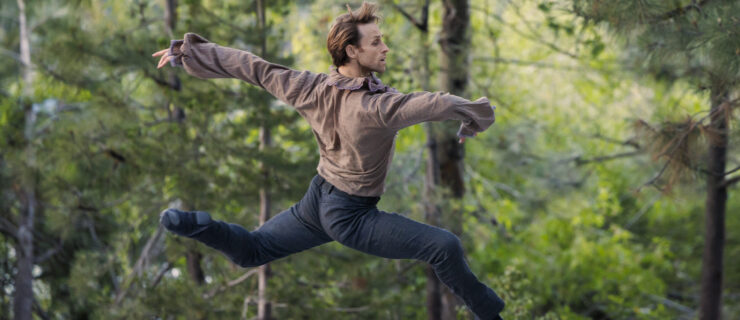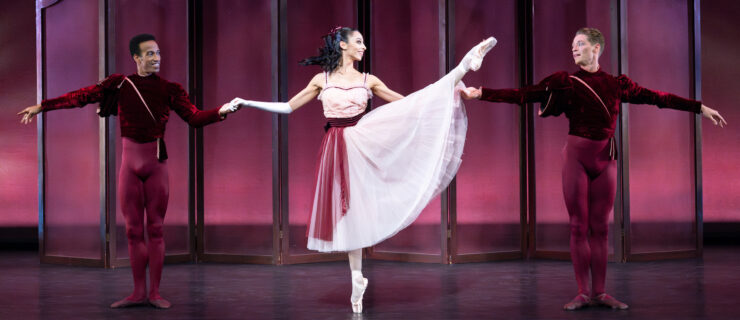Ask Amy: Handling Audition Nerves
How do I mentally prepare myself for an audition? I’m afraid of seeming unsure if my nerves start to take over. —Meghan, New Jersey
Looking confident means feeling confident. Starting a few weeks before your audition, remind yourself of your strengths on a daily basis. Try writing down the impressive things that you achieve each day: Did you nail a triple pirouette? Did someone give you a compliment? Make positive thinking a habit. Catch yourself when you start getting overly critical during class—acknowledge what you need to work on, but also recognize what you’ve done well.
It helps to research the company you’re auditioning for. Do they look for a particular style? What is their repertoire like? The more you find out, the more you’ll know what to expect. And remember, an audition is your opportunity to see if the company is right for you, too. How do you feel about the director, the dancers, the repertoire and the city? I always feel more in control when I think of an audition as a two-way street.
If you still feel nervous, try not to let it read in your body language. Take a deep breath, smile and look the director in the eye. Auditions take practice. You’ll start to feel more self-assured after you get used to the process.
Every professional dancer I see has a really nice arch and instep. But my feet just have a medium-sized arch and a low instep. I use a Thera-Band and think it’s helping to strengthen my feet, but my arch and instep haven’t changed. Is it possible to make them better? —Lexi, Maryland
Unfortunately, you can’t change the bone structure of your arch or instep. But you can improve the look of your feet in other ways. A friend of mine at Ballet Arizona, Kendra Mitchell, has a similar problem. “I always wanted great feet growing up, and it used to get me down,” she says. “But eventually I figured out how to work with them.”
You’re smart to strengthen your feet with a Thera-Band. Mitchell also recommends this exercise: Keeping your heel on the floor, pick up a marble with your toes, move your foot to the right and gently place the marble back on the floor. Repeat going to the left. “Be realistic,” she says. “Exercises won’t give you bigger arches. But when your feet are strong, you can use them well.”
Try wearing deshanked pointe shoes during barre to help develop your foot articulation and strengthen your demi-pointe. Mitchell used to practice walking and running in her pointe shoes. “I also work on maintaining good turnout,” says Mitchell. “When you’re turned out, the heel is up and forward and your arch is less visible.”
Flattering pointe shoes are a must. Once you’re at an advanced level, try cutting your shanks where your arch bends the most so that your shoe forms to your foot. Sew the sides of your shoe down lower to create the illusion of a bigger arch. Mitchell also recommends buying shoes with a lower vamp: “You need flexibility in the toes to make up for the lack of flexibility in your arch.”
Try not to get frustrated with your limitations. You’ll need to habitually think about using your feet when you dance, but focus on the rest of your body, too. Solid technique and thoughtful artistry will draw attention away from your imperfections. The audience may not even notice your feet!
I recently auditioned for preprofessional schools, and every place told me that even though I’m good, I’m behind for my age and they’re not interested. I decided to stop pursuing a professional career but am having trouble coping with being a “recreational dancer.” How do I deal with quitting? —Olivia, New York
Becoming a professional dancer is extremely difficult. Just because a ballet career seems unlikely doesn’t mean you’re a failure! Because ballet is so consuming, we often identify ourselves only as “a dancer.” You may feel lost without that label, but don’t worry. I’ve watched many friends make the same tough decision. They needed time to adjust, but eventually they moved forward and are now living happy, successful lives. Most found ways to keep ballet in their lives by dancing in college, becoming ballet teachers or working behind the scenes. One friend even became a physical therapist who specializes in treating dancers. Just think: Now you can enjoy dancing for the love of it without dealing with the financial instability, competitive pressure or chronic pain that professional dancers face every day. And your dance training has armed you with valuable skills to succeed in many other professions.





